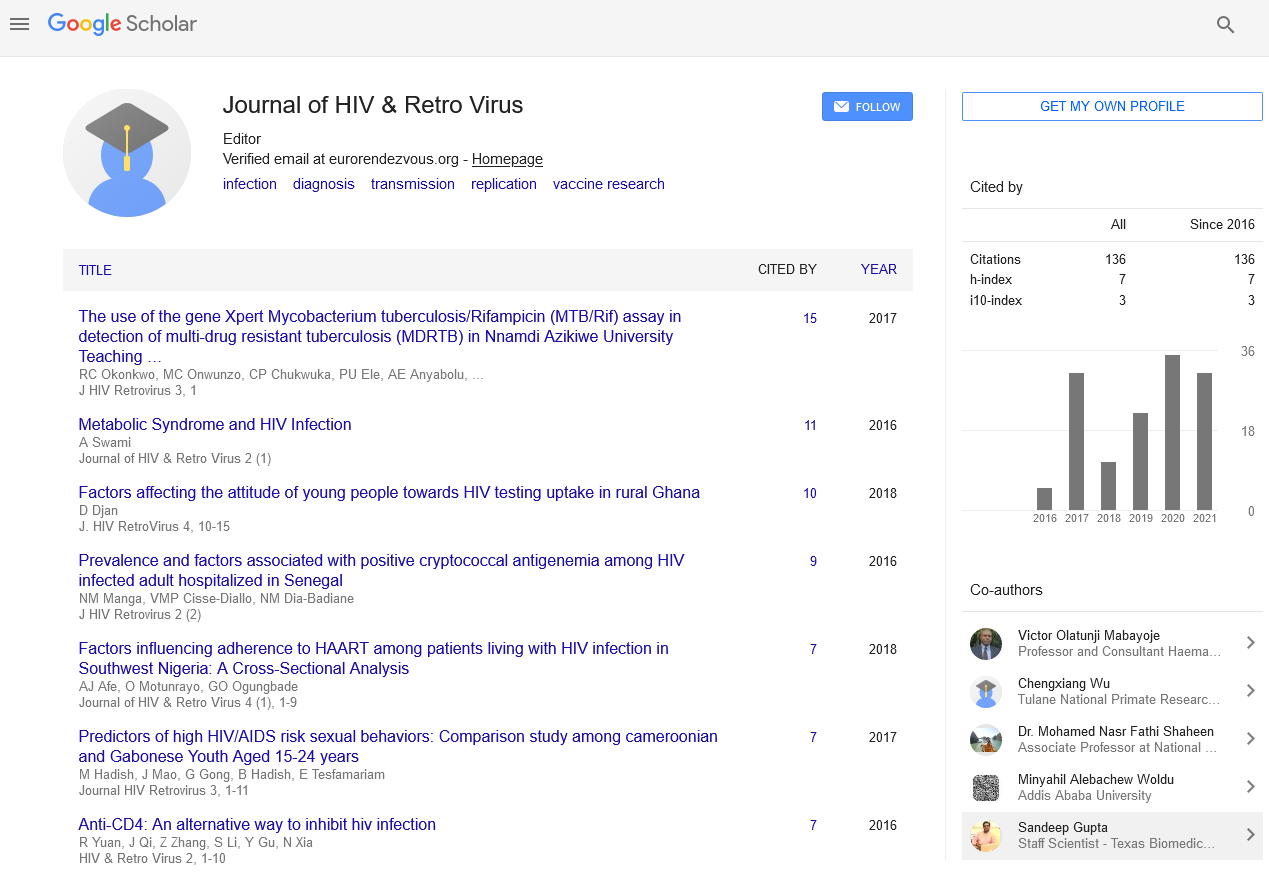Perspective - (2024) Volume 10, Issue 3
Understanding Pregnancy: A Comprehensive Guide
Jing Liu*
Department of Medical Science, Fudan University, China
*Correspondence:
Jing Liu,
Department of Medical Science, Fudan University,
China,
Email:
Received: 02-Sep-2024, Manuscript No. IPJHRV-24-21274;
Editor assigned: 04-Sep-2024, Pre QC No. IPJHRV-24-21274 (PQ);
Reviewed: 18-Sep-2024, QC No. IPJHRV-24-21274;
Revised: 23-Sep-2024, Manuscript No. IPJHRV-24-21274 (R);
Published:
30-Sep-2024, DOI: 10.21767/2471-9676.10.3.28
Introduction
Pregnancy is a remarkable and transformative period that marks
the beginning of a new life. It involves complex physiological
changes, emotional shifts, and important decisions that
impact both the expectant mother and her developing baby.
This article provides an overview of pregnancy, covering
its stages, common experiences, and essential aspects of
prenatal care. Pregnancy is divided into three trimesters, each
lasting approximately three months. This initial stage begins
with conception and includes significant development of the
embryo. During this period, the embryo forms essential organs
and systems, including the heart, brain, and spinal cord. The
first trimester is also when many women experience symptoms
like morning sickness, fatigue, and mood swings. It’s crucial to
start prenatal care early to ensure a healthy pregnancy.
Description
As the pregnancy progresses into the second trimester, the
risk of miscarriage decreases, and many early symptoms
subside. The fetus grows rapidly, and its features become
more defined. Expectant mothers often experience increased
energy levels and may begin to feel fetal movements. This
is also the period for the mid-pregnancy ultrasound, which
checks fetal development and can reveal the baby’s sex. The
final stage involves continued growth and development of
the fetus, preparing for birth. The mother may experience
physical discomforts like back pain, frequent urination, and
Braxton Hicks contractions (false labor). Regular prenatal visits
become more frequent, and the focus shifts to preparing for
labor and delivery. Pregnancy brings about a range of physical
and emotional symptoms. Some common experiences include
nausea and vomiting, particularly during the first trimester, are
common. Eating small, frequent meals and staying hydrated
can help manage these symptoms. Increased energy demands
and hormonal changes can lead to significant tiredness. Rest
and adequate sleep are crucial during this time. Hormonal
fluctuations can affect emotions, leading to mood swings.
Support from partners, family, and counselling can help manage
emotional changes. The body undergoes various changes,
including weight gain, breast tenderness, and changes in skin
pigmentation. Wearing supportive clothing and maintaining a
healthy diet can alleviate some discomforts. Regular prenatal
care is essential for monitoring the health of both mother
and baby. Key aspects of prenatal care include routine visits
to an obstetrician or midwife ensure that both the mother
and baby are healthy. These visits include monitoring fetal
growth, blood pressure, and performing necessary tests.
Ultrasounds help assess fetal development and detect any
potential issues. Other tests, such as blood tests and glucose
screenings, monitor maternal health and identify conditions
like gestational diabetes. A balanced diet rich in essential
nutrients supports fetal development. Key nutrients include
folic acid, iron, calcium, and protein.
Conclusion
Prenatal vitamins often supplement these needs, especially
folic acid, which helps prevent neural tube defects. As the due
date approaches, preparing for labor and delivery is essential.
Discussing preferences for labor and delivery with a healthcare
provider helps set expectations and plan for different
scenarios. Attending classes can provide valuable information
about labor, delivery, and new born care. Preparing a hospital
bag with essentials for both mother and baby ensures that
everything is ready for when labor begins. Pregnancy is a
unique and life-changing experience that involves physical,
emotional, and practical considerations. Understanding the
stages of pregnancy, managing symptoms, and attending
regular prenatal care appointments are vital for ensuring a
healthy pregnancy and preparing for the arrival of a new baby.
Citation: Liu J (2024) Understanding Pregnancy: A Comprehensive Guide. J HIV Retrovirus. 10:28.
Copyright: © 2024 Liu J. This is an open-access article distributed under the terms of the Creative Commons Attribution License, which permits unrestricted use, distribution, and reproduction in any medium, provided the original author and source are credited.

